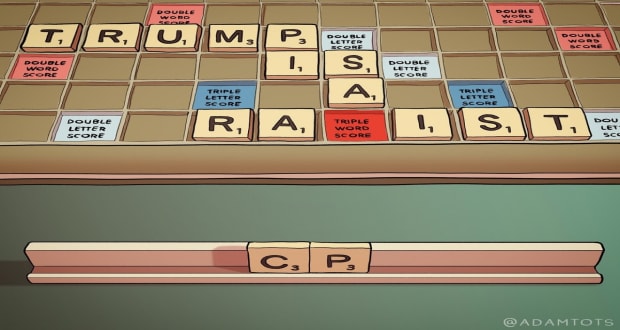I’m sitting waiting for the House of Commons to start debating a Law Against Trolls or, as they would call it, an amendment to the Defamation Act. It would basically let internet providers off the hook for the publication of their content, so long as they signed up to divulge the identity of any of their users. To warrant such a disclosure, the injured party would have to show that their reputation had been significantly damaged; then they would be given the offender’s identity, and would be free to pursue a civil case. Online abuse still won’t be a criminal offence, even if the bill is passed. It has wide support in parliament, so is not intended to be a very heated debate: I want to watch it to see how many MPs actually know what a troll is.
The term is widely misused: Frank Zimmerman, who received a suspended sentence for asking Louise Mensch which of her children she wished to remain alive, is not a troll, he is a hater (the death threats take him beyond the realm of ordinary hater into criminal hater; but that’s his category nonetheless). You can hear haters described in song by Isabel Fay, but they’re not the same as trolls, even while many people (Fay included) use the terms interchangeably (I’m not being a hater when I say that, by the way; I’m being a pedant). Trolls aren’t necessarily any more pleasant than haters, but their agenda is different – they don’t just want to insult a particular person, they want to start a fight — hopefully one that has a broader application, and brings in more people than just the object of their original trolling. The term derives from a fishing technique – say your stupid thing, watch the world bite — via redwolf.newsvine.com















 RSS – Posts
RSS – Posts